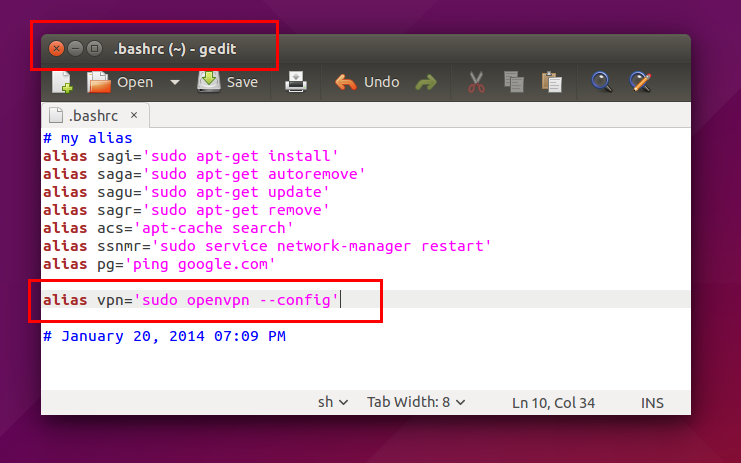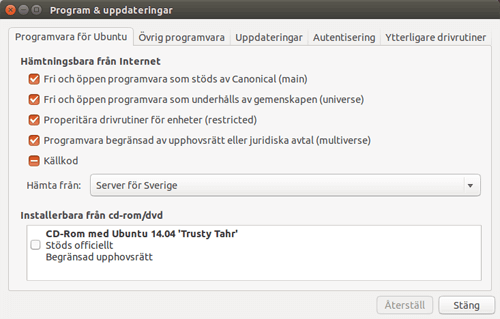

rw-rw-r- 1 malain malain 1036 mktemp.txt Output: -rw-rw-r- 1 malain malain 1305 COPYING.md To list files under EasyRSA directory, use: $ cd EasyRSA-3.0.8/ & ls -l For this, we can use the example file available in EasyRSA-3.0.8 directory. Create CA using EasyRSAįirst, you need to create a file named vars to store the organization information.

We are using EasyRSA 3.0.8 version for this configuration. Now move EasyRSA to the opt directory $ sudo mv EasyRSA-3.0.8 /opt/ To restrict the access to the user only, use: $ chmod 700 EasyRSA-3.0.8 To install easy-rsa, download the PKI management tool from github using wget: $ wget Easy-RSA will be used by the CA server to generate a private key and public root certificate which will be used to sign the requests from clients and servers that will rely on our CA. Install EasyRSA on CA serverĮasy-rsa is a CLI utility to build and manage a PKI CA. Now logout and then login back with the non-root user. Now give to the user the sudo privileges: $ sudo usermod -aG sudo malain You will need to create a non root user for the configurations of the Certificate Authority server. Run the following the command: $ sudo apt update Let's proceed to configure the CA server.įirst make sure system is updated. It recommended keeping a standalone server to serve as your CA (certificate authority). The OpenVPN server on which we will install the VPN.A Certificate Authority (CA) server that will validate the request and sign the certificates of the clients.We will use two Ubuntu servers running on version 20.04: In this tutorial, I will show you how to setup a VPN using OpenVPN on Ubuntu 20.04. The tunnels are secured by using SSL/TLS authentication, certificates, credentials. VPN also allows a secure connection to the corporate network to access resources. VPN allows to securely connect untrusted networks such as WIFI network in hotels or airports or malls. OpenVPN is a feature-rich open-source Secure Socket Layer (SSL) VPN.


 0 kommentar(er)
0 kommentar(er)
